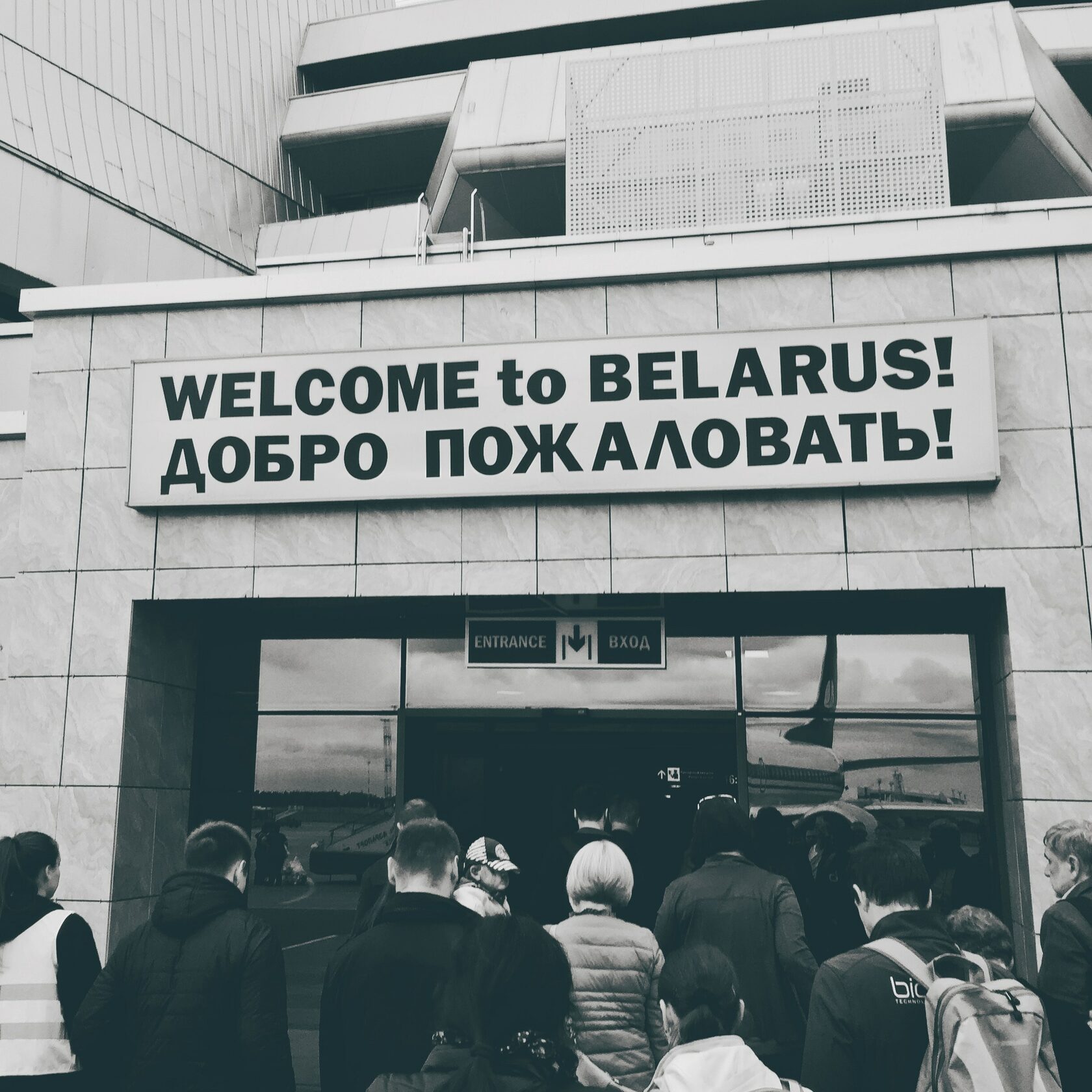The Belarusian Helsinki Committee published a review of public policy trends for January — June 2023. You can subscribe to the newsletter "Human Rights in Belarus: The Main Trends of Public Policy".
This review highlights the most significant qualitative changes in Belarusian state policy trends in the field of human rights and reactions to it of the international community in three areas:
· general measures: systemic things — legislation, strategies, policies, that generally determine the conditions and background for the implementation of human rights in Belarus;
· law enforcement: concrete violations of civil and political rights, as well as in the field of social, economic, and cultural rights;
· key decisions and reactions of international institutions regarding the situation with human rights in Belarus.
The most recent analysis provides an overview of trends during January to June 2023. Noteworthy trends from this period include the adoption of an actors-oriented approach to determining the source of threats to national security, copying by civil institutions of law enforcement agencies illegal practices, indoctrination through Russian narratives in the education sector, the first verdict issued for “Belarusian nationalism”, etc.
One of the most important tendencies is the state's inclination towards formalizing discrimination and departing from the principle of formal equality. So far, the main problem has been de facto discrimination: that is, while equality was formally enshrined in law, discriminatory policies and practices have taken place in a number of areas.
De facto discrimination has not disappeared, but since 2020, there has been a movement towards legalizing inequality. During the first half of 2023, a critical mass was accumulated across various domains. The subjective approach in the Concept of National Security, amendments in the Law on Citizenship (including specific requirements for individuals with foreign residence permits), restrictions on exit from the country for certain groups of Belarusians, expansion of the death penalty for treason to include state officials and the military, legislative consolidation of a «correct» civil society, the initiative to formalize discrimination based on sexual orientation, gender identity, and reproductive choice, and the introduction of new requirements for enrollment — all of these developments clearly indicate that the state, through legislation in various spheres, has begun to divide people into different categories based on their loyalty to the state or adherence to specific value systems.
This review highlights the most significant qualitative changes in Belarusian state policy trends in the field of human rights and reactions to it of the international community in three areas:
· general measures: systemic things — legislation, strategies, policies, that generally determine the conditions and background for the implementation of human rights in Belarus;
· law enforcement: concrete violations of civil and political rights, as well as in the field of social, economic, and cultural rights;
· key decisions and reactions of international institutions regarding the situation with human rights in Belarus.
The most recent analysis provides an overview of trends during January to June 2023. Noteworthy trends from this period include the adoption of an actors-oriented approach to determining the source of threats to national security, copying by civil institutions of law enforcement agencies illegal practices, indoctrination through Russian narratives in the education sector, the first verdict issued for “Belarusian nationalism”, etc.
One of the most important tendencies is the state's inclination towards formalizing discrimination and departing from the principle of formal equality. So far, the main problem has been de facto discrimination: that is, while equality was formally enshrined in law, discriminatory policies and practices have taken place in a number of areas.
De facto discrimination has not disappeared, but since 2020, there has been a movement towards legalizing inequality. During the first half of 2023, a critical mass was accumulated across various domains. The subjective approach in the Concept of National Security, amendments in the Law on Citizenship (including specific requirements for individuals with foreign residence permits), restrictions on exit from the country for certain groups of Belarusians, expansion of the death penalty for treason to include state officials and the military, legislative consolidation of a «correct» civil society, the initiative to formalize discrimination based on sexual orientation, gender identity, and reproductive choice, and the introduction of new requirements for enrollment — all of these developments clearly indicate that the state, through legislation in various spheres, has begun to divide people into different categories based on their loyalty to the state or adherence to specific value systems.

